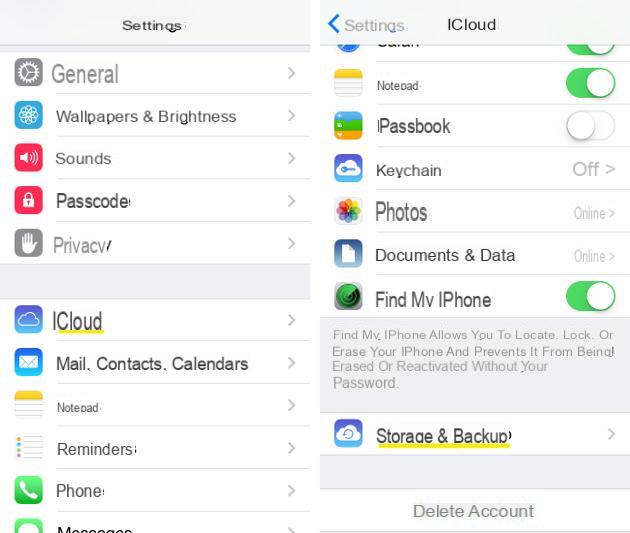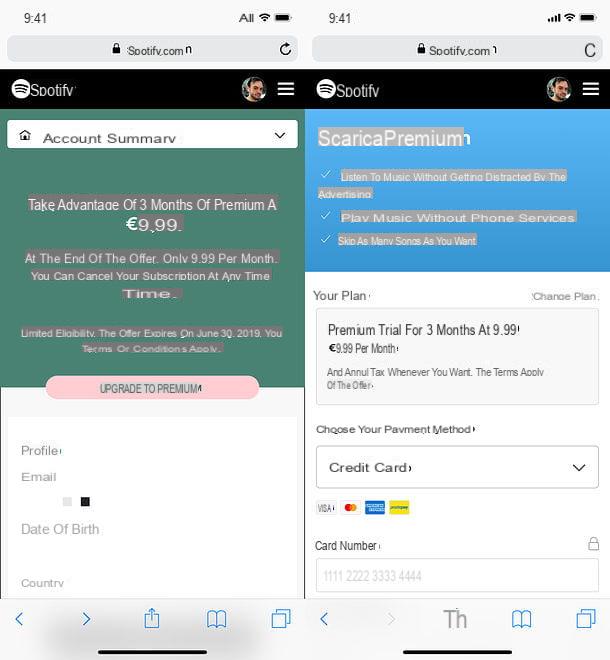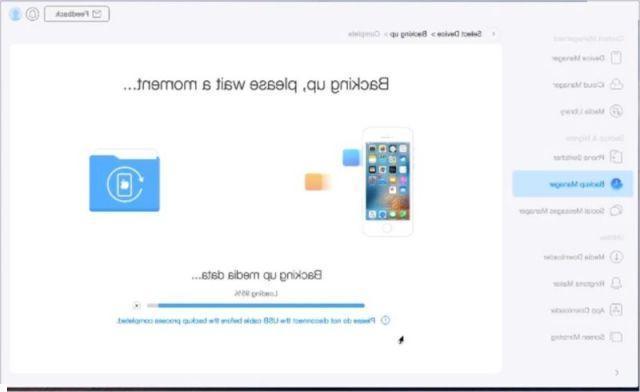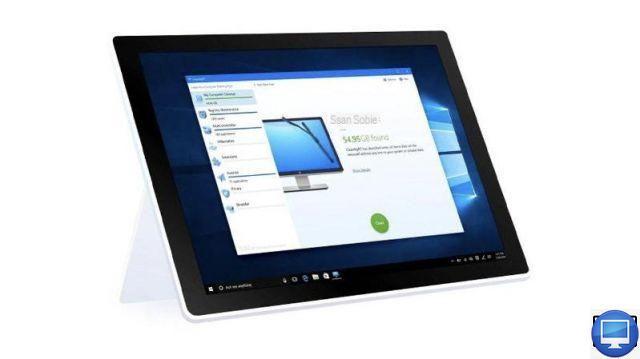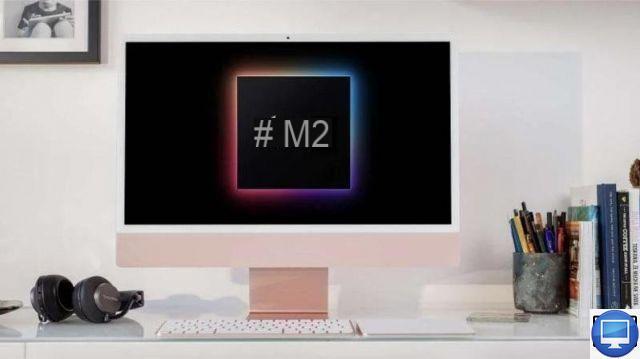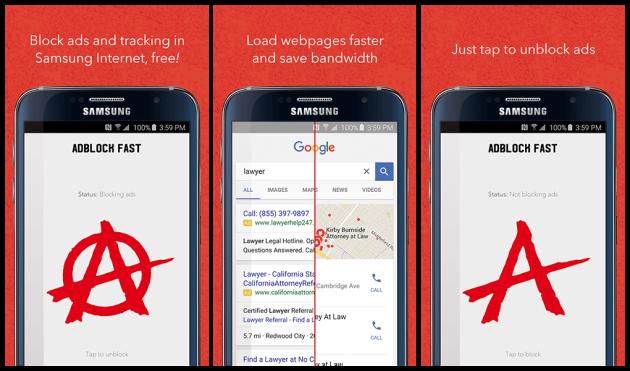
Get ready to say goodbye to Chrome Apps, as long as you have the slightest idea what they are. In a recent blog post from the Chromium project, Google announced, to be honest for the umpteenth time, that will remove support for Chrome apps.
As the name implies, the Chrome Apps are apps written to run inside Chrome. They were launched in 2013 and were in theory a good idea: being written to run on Chrome, like a normal tab, they were easy to develop and were instantly compatible with all versions of Chrome, for any operating system. However, they have not been successful at all: few have been published and the users who use them are very few.
For this reason, already in 2016, Google announced that it would remove them and in 2017 removed the App category from its Web Store. The initial date of death of the Chrome Apps, scheduled for 2018, was then postponed several times until the announcement of these days: end of support in June 2022, but according to a specific "roadmap".
End of support for the Chrome App: the key dates
It starts in March 2020, and ends in June 2022, according to this official time schedule published by Google:
- March 2020: new apps will no longer be accepted, only existing ones can be updated
- June 2020: end of support for Chrome apps in the "domestic" version, while those with a "corporate" version such as Chrome Enterprise and Chrome Education will be able to extend official support until December 2020
- December 2020: End of support on Windows, Mac and Linux
- June 2021: End of API support
- June 2021: End of support on Chrome OS (i.e. Chromebooks), but once again those using Chrome Enterprise and Chrome Education will be able to extend support until June 2022
- June 2022End of support for all apps, all customers and all versions of Chrome
Why Google abandons Chrome Apps
Among the reasons why Google is about to say goodbye to Chrome Apps there is certainly the very low utilization rate of these applications. But not only that: in recent years more advanced and refined technologies have arrived, which have made Chrome Apps obsolete. The main one is that of PWAs, the Progressive Web App which are a sort of hybrid between web pages and apps: part of the content is downloaded to the user's device, making the app usable even offline, while when the user is connected, the app updates itself and offers all its features. functionality.
Chrome apps will no longer be supported - what to do









